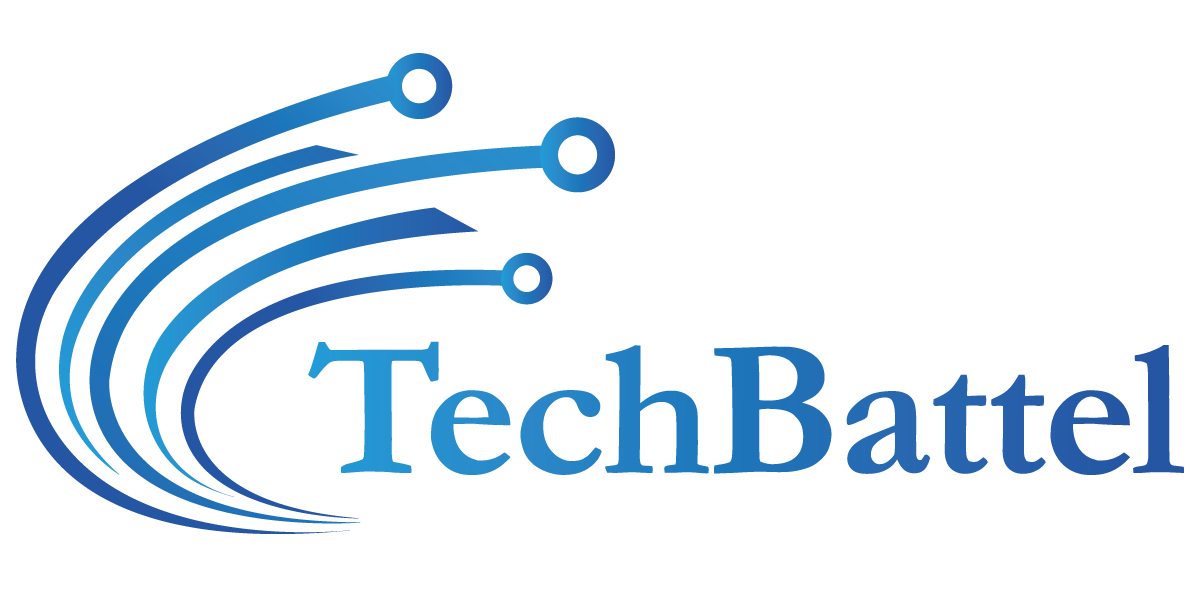There are several things to consider when choosing a mobile app development platform. These factors include scalability, security, multi-channel sending capacities, and back-end reconciliation capabilities. These features are essential for a successful app development project. However, these features do not mean that a platform is better than another.
Scalability
When looking for a mobile app development platform, it’s important to consider the scalability of the tech stack and the performance of the platform itself. When working with multiple services and multiple databases, it is essential to choose one like Nand Box that can handle the scalability needs of a given project. The ability to scale requires the ability to handle more traffic and higher numbers of transactions. For mobile apps, this means having scalable backend technology and responsive frontend technology.
Scalability is a key factor in success. A scalable application will be able to handle increased user numbers and offer better user experiences to new users, as well as a higher return on investment. Choosing the right scalability for your application requires careful planning and execution. The right scalability will allow you to manage a large number of requests simultaneously and deliver a seamless user experience.
Security
Security is a fundamental concern for many business applications. Payment systems, for example, are often critical to a business’ success, and as such, the right multi platform mobile development platform should provide a high level of security. In addition, you can browse security issues on a development framework’s issue tracker to ensure that the security features you require are supported.
Security is important at every step of the process. Make sure that developers are properly trained in cybersecurity practices. A team that takes security seriously will produce an app that is safe for users. You can also purchase a cheap code signing certificate to ensure your app’s security.
Back-end reconciliation abilities
One of the most significant aspects of a mobile app development platform is its back-end reconciliation capabilities. This is critical for financial services firms, which have enormous and complex application landscapes. Traditionally, most of the systems in financial services were either hard-coded or built on premise databases. Moreover, business users would need to brief the IT team about any changes they wanted and wait for them to be implemented through the development pipeline. In such a situation, spreadsheets would be the most common tool to deal with data issues.
The backend section of a mobile app is a separate application from the frontend. It works in the background, on a server and communicates with the frontend. The backend server has the ability to store, retrieve and sort data.
Reputation
Reputation management is a crucial aspect for mobile app developers. It involves monitoring user feedback, addressing customer complaints, and responding to negative reviews. Smart reputation management helps build a positive brand image and boost sales and customer loyalty. Here are some tips to help you manage your mobile app’s reputation.
First, choose a platform with a good reputation. This is important because a poor reputation can be damaging to your company. You don’t want to risk your business reputation by having sensitive data leaked by an app that’s not trustworthy. Also, make sure that your app development company provides you with a timeline for the project.

